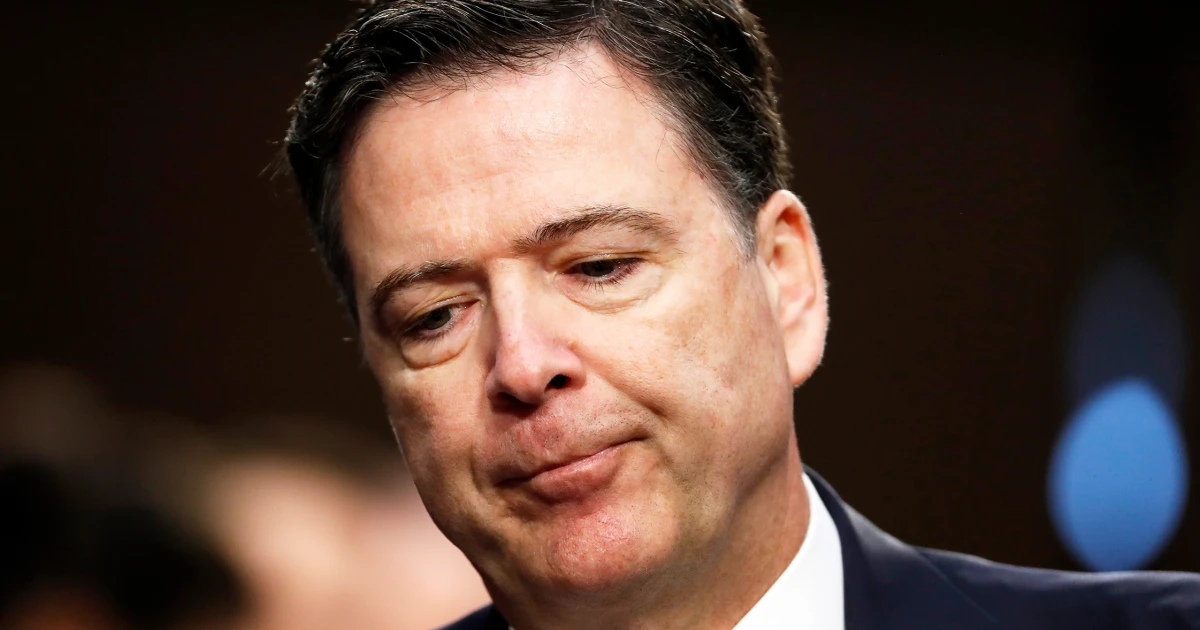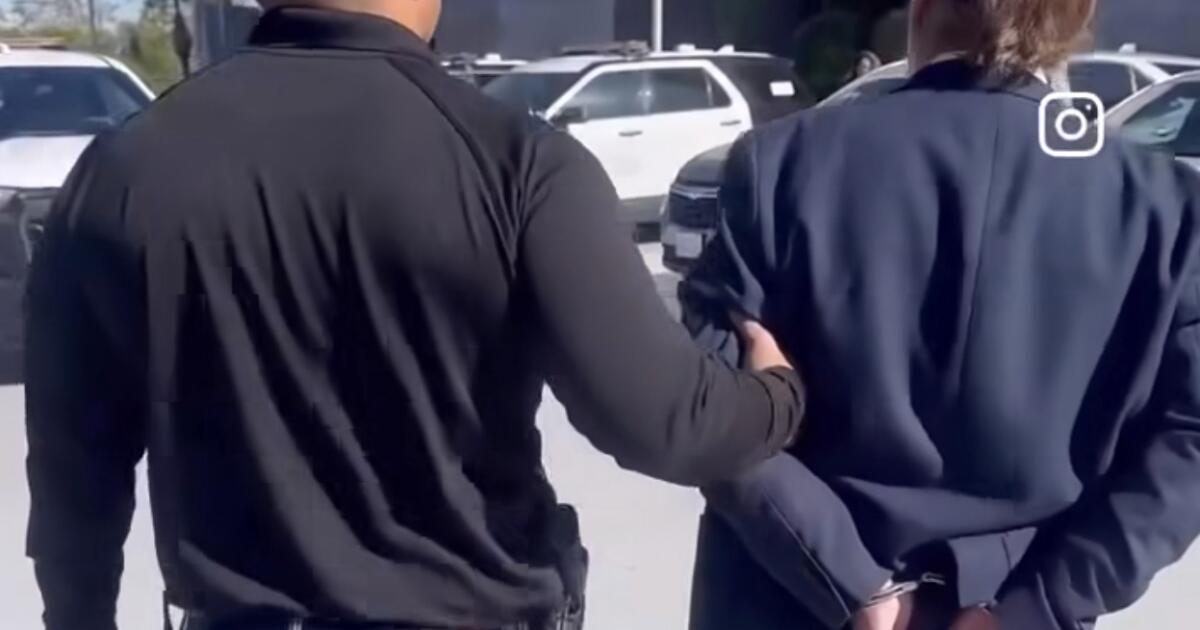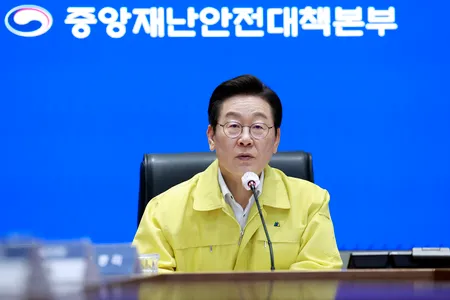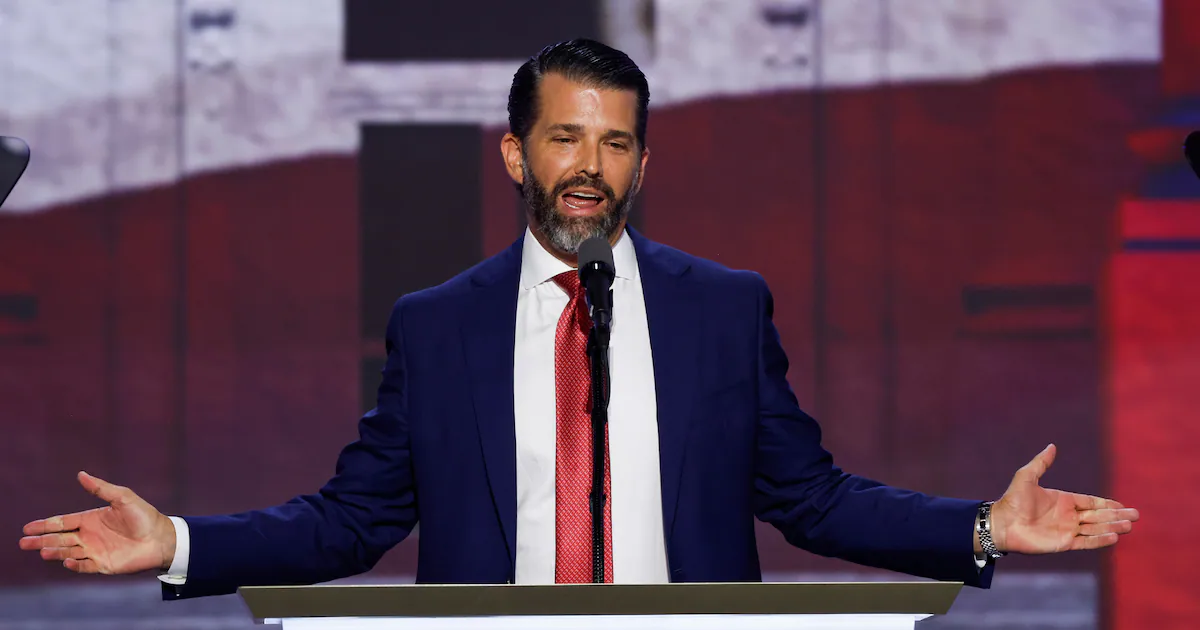Copyright MSNBC

James Comey had already filed motions to dismiss his case that raise significant issues of vindictive prosecution and the legality of the appointment of the prosecutor who secured his indictment. The outcome of those pending motions could lead to the case’s dismissal before trial. The former FBI director has now filed a second round of motions raising yet more issues that could get the case dismissed. One of the new motions, filed Thursday, seeks access to the grand jury proceedings that led to the indictment. In making the argument for why Comey’s team should be able to see those details, which are usually secret, his lawyers lay out in the 26-page filing how unusual the case brought by Trump-installed prosecutor Lindsey Halligan is. Earlier this month, Comey pleaded not guilty to charges of lying to and obstructing Congress in connection with Senate testimony in 2020, regarding whether he had authorized anyone at the FBI to be an anonymous source in news reports related to an investigation. “The indictment at issue — which facially misstates Mr. Comey’s testimony — was sought by an inexperienced prosecutor and returned after business hours with a meager 14 votes after an earlier no true bill,” his lawyers wrote, referring to the grand jury’s rejection of a charge brought by Halligan. “Those facts, in combination with signs of other potential misconduct, indicate that a ground may exist to dismiss the indictment,” they wrote in seeking disclosure of the grand jury proceedings, in order to make further arguments in favor of dismissing the case after they review the details of those proceedings. Halligan, a former personal lawyer for Donald Trump, hadn’t prosecuted a case before. Halligan, a former personal lawyer for Donald Trump, hadn’t prosecuted a case before. She was installed by the administration (possibly illegally, which is the subject of another pending motion) after a prior head of the office was forced out for apparently refusing to charge the president’s political opponents. Though it’s not illegal for a prosecutor to lack experience, Halligan’s inexperience looms large in Comey’s motion, in which his lawyers wrote that her inexperience “affected the grand jury proceedings.” Among other things, they cited her “confusion about the indictment paperwork” and “factual errors in the indictment,” which they said raise concern that she “failed to give basic instructions to the grand jury and to accurately answer their questions.” Comey’s lawyers conceded that inexperience alone “would not ordinarily satisfy the defense’s burden for unsealing grand jury materials.” But they argued that it “must be viewed alongside Ms. Halligan’s likely motive to obtain an indictment to satisfy the President’s demands, the inaccuracies in the indictment, and the determination of every career prosecutor to consider the case that charges were not warranted.” Another one of the motions filed Thursday argues that the congressional testimony in question can’t be the basis for criminal charges because it was “literally true.” Comey cites the 1973 Supreme Court precedent of Bronston v. United States, in which the court said a witness couldn’t be convicted of perjury for giving an answer under oath that’s literally true but not responsive to the question and arguably misleading by implication. Halligan will have an opportunity to respond to all these motions before a judge rules. Generally, these motions are all difficult for defendants to win. But Halligan has given Comey more to work with than usual, and she’ll need to win all the motions just to get the case to a trial that Comey has said he wants.



